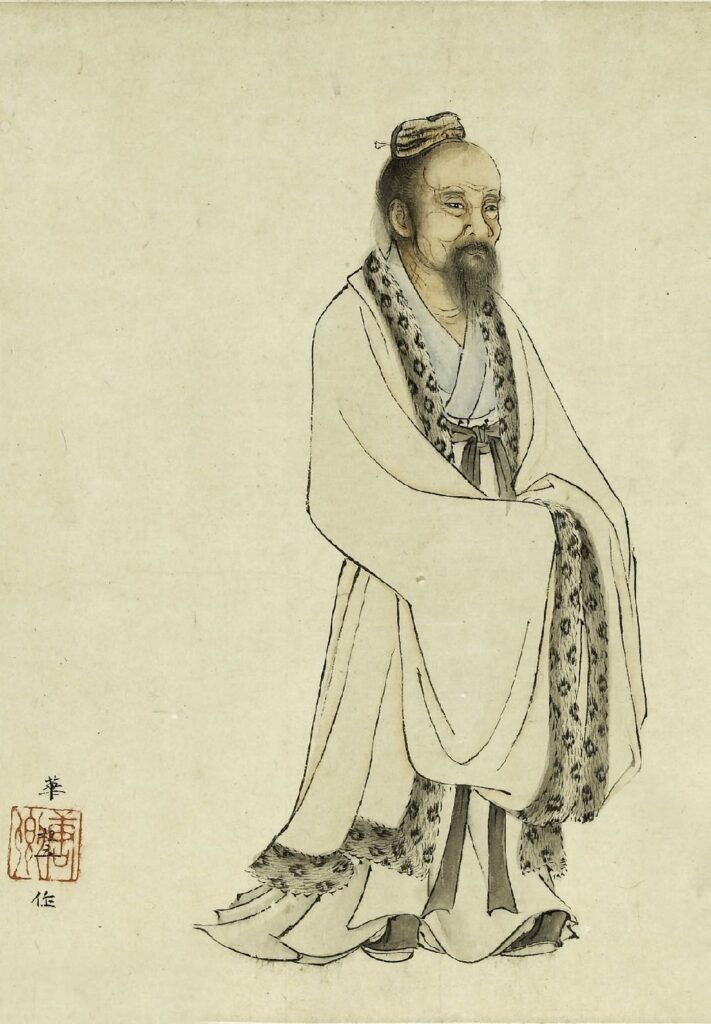A monk decides to meditate alone, away from his monastery.
He takes his boat out to the middle of the lake, moors it there, closes his eyes and begins his meditation.
After a few hours of undisturbed silence, he suddenly feels the bump of another boat colliding with his own.
With his eyes still closed, he senses his anger rising, and by the time he opens his eyes, he is ready to scream at the boatman who dared disturb his meditation.
But when he opens his eyes, he sees it’s an empty boat that had probably got untethered and floated to the middle of the lake.
At that moment, the monk achieves self-realisation, and understands that the anger is within him; it merely needs the bump of an external object to provoke it out of him.
From then on, whenever he comes across someone who irritates him or provokes him to anger, he reminds himself, “The other person is merely an empty boat. The anger is within me.”
From teachings of Chuang Tzu.

Chuang Tzu (also Zhuang Zhou or Zhuangzi, literally “Master Zhuang”) was an influential Chinese philosopher who lived around the 4th century BCE in a period of great development in Chinese philosophy, the Hundred Schools of Thought. He is credited with writing—in part or in whole—a work known by his name, the Chuang Tzu or Zhuangzi, which is one of the two foundational texts of Taoism, alongside the Tao Te Ching.
Image courtesy Hua Zili , Wikimedia Commons.
Taoism is a diverse philosophical and religious tradition indigenous to China, emphasising harmony with the Tao (way, road, path or technique). Taoist thought has informed the development of various practices within the Taoist tradition and beyond, including forms of meditation, astrology and feng shui. A common goal of Taoist practice is self-cultivation, a deeper appreciation of the Tao, and more harmonious existence. Taoist ethics emphasise such virtues as effortless action, naturalness, simplicity, and the three treasures of compassion, frugality and humility.
